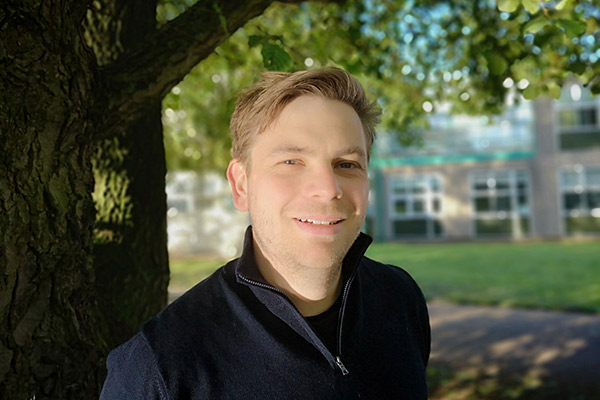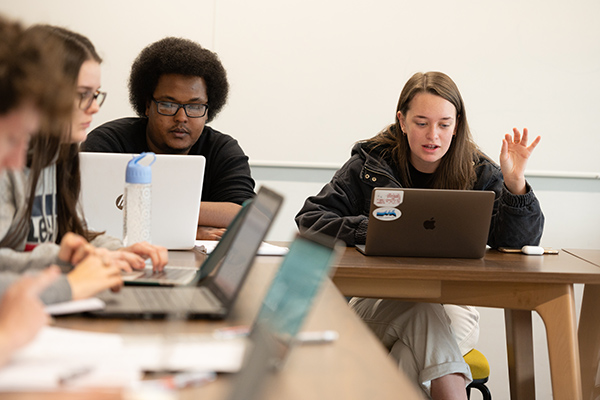Congratulations on your offer to study with us!
Philosophy at York has staff working on diverse topics. We wanted to give you a chance to find out more about Rob Trueman, who teaches on a range of modules, and serves as our Chair of the Board of Studies.



